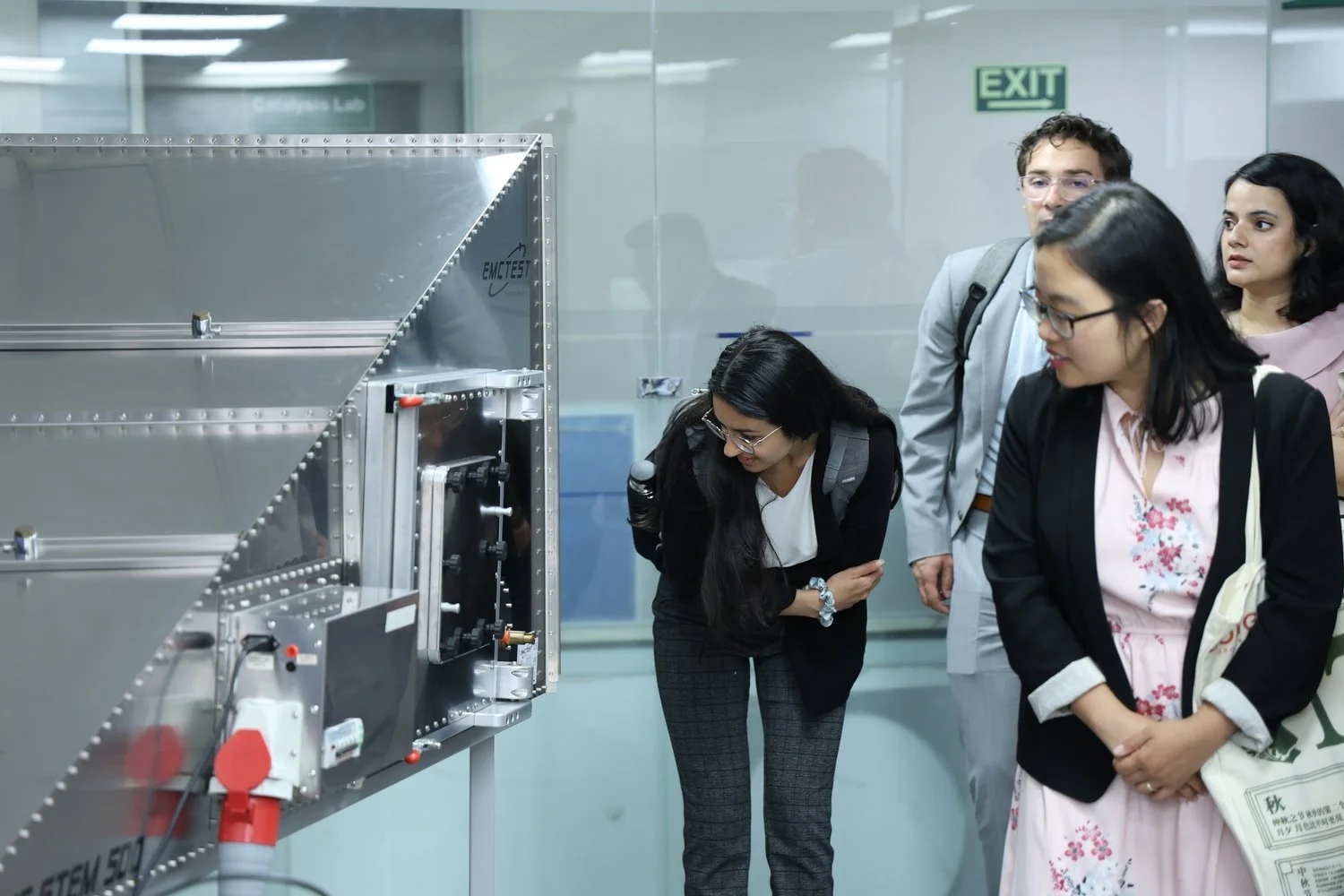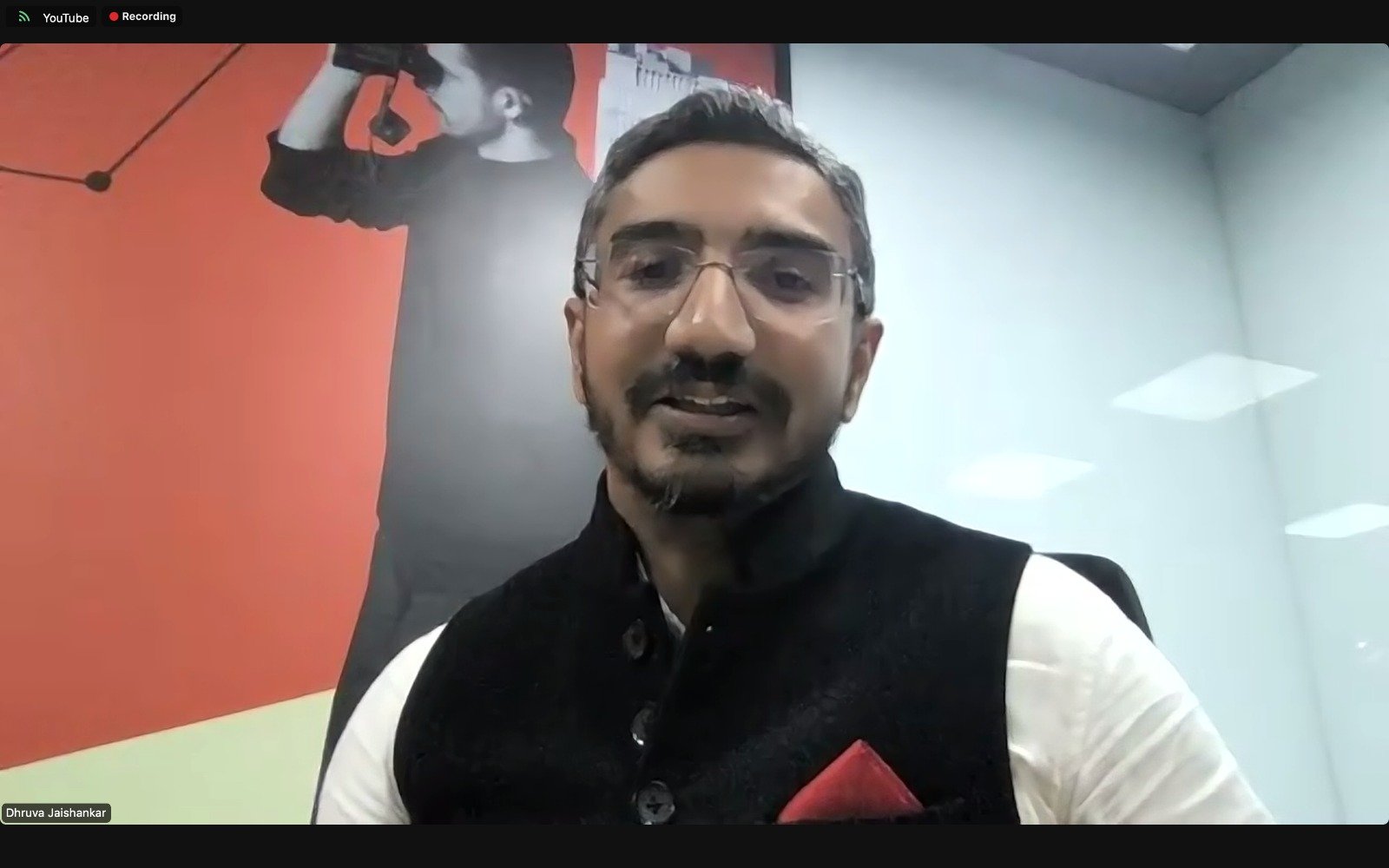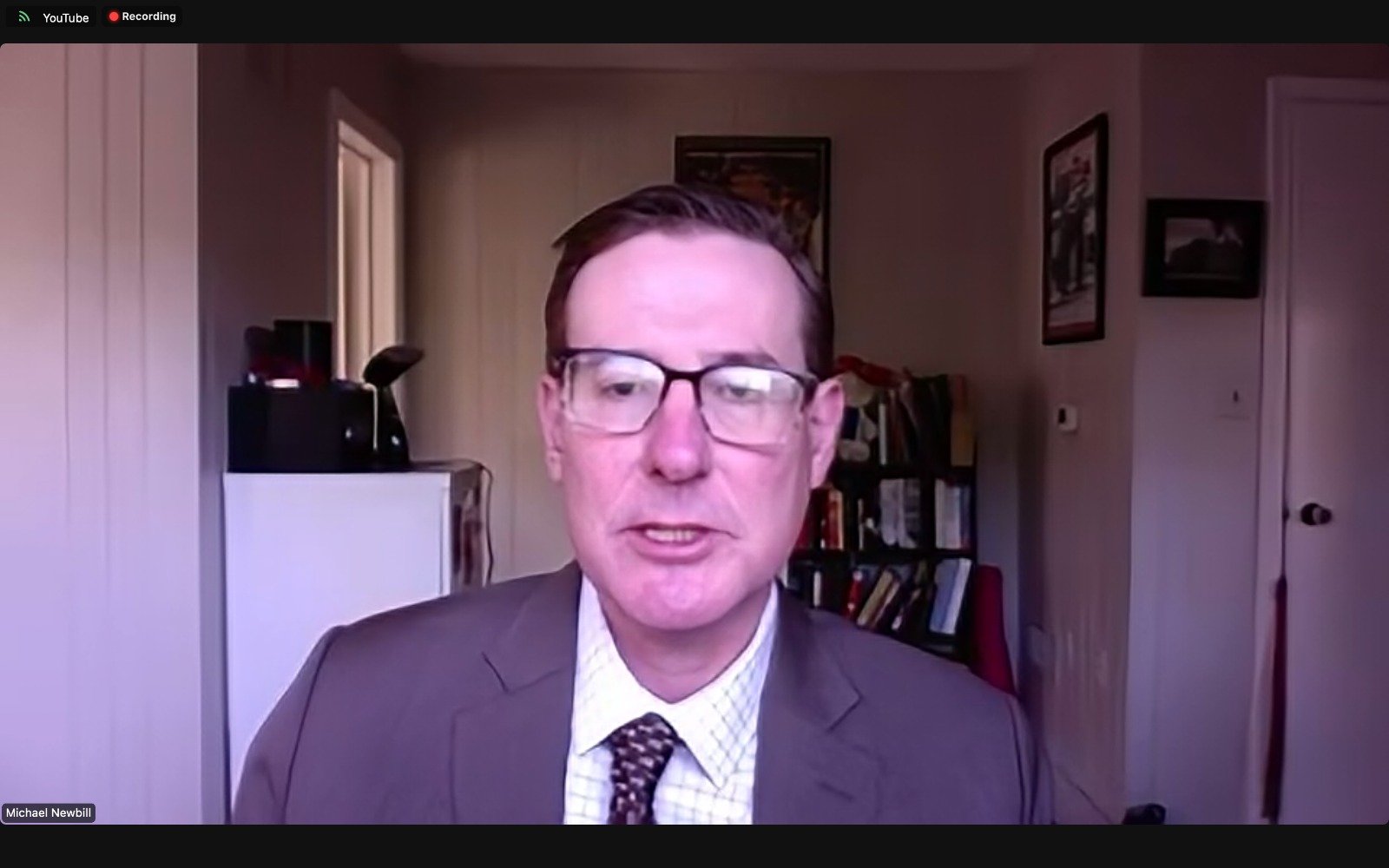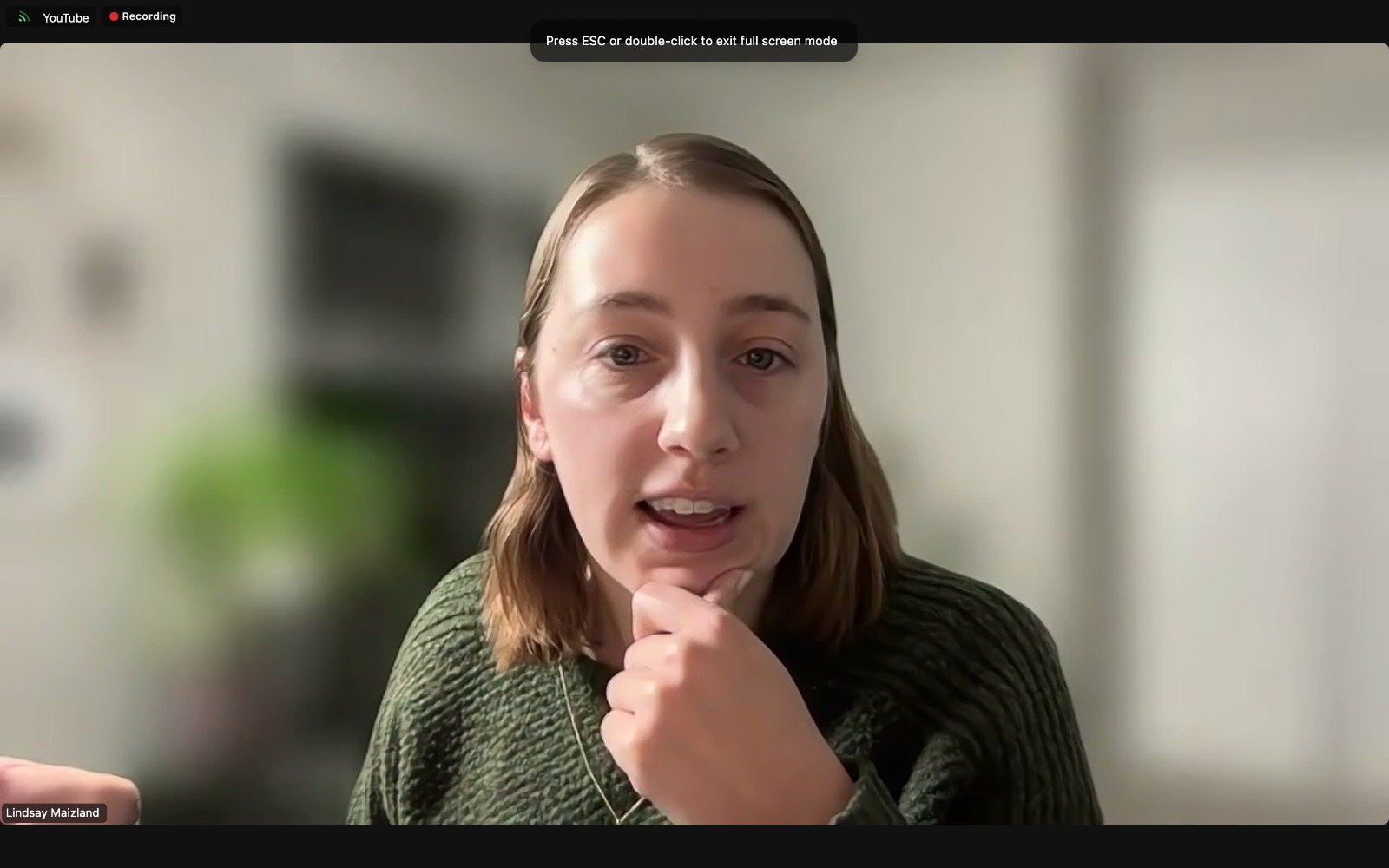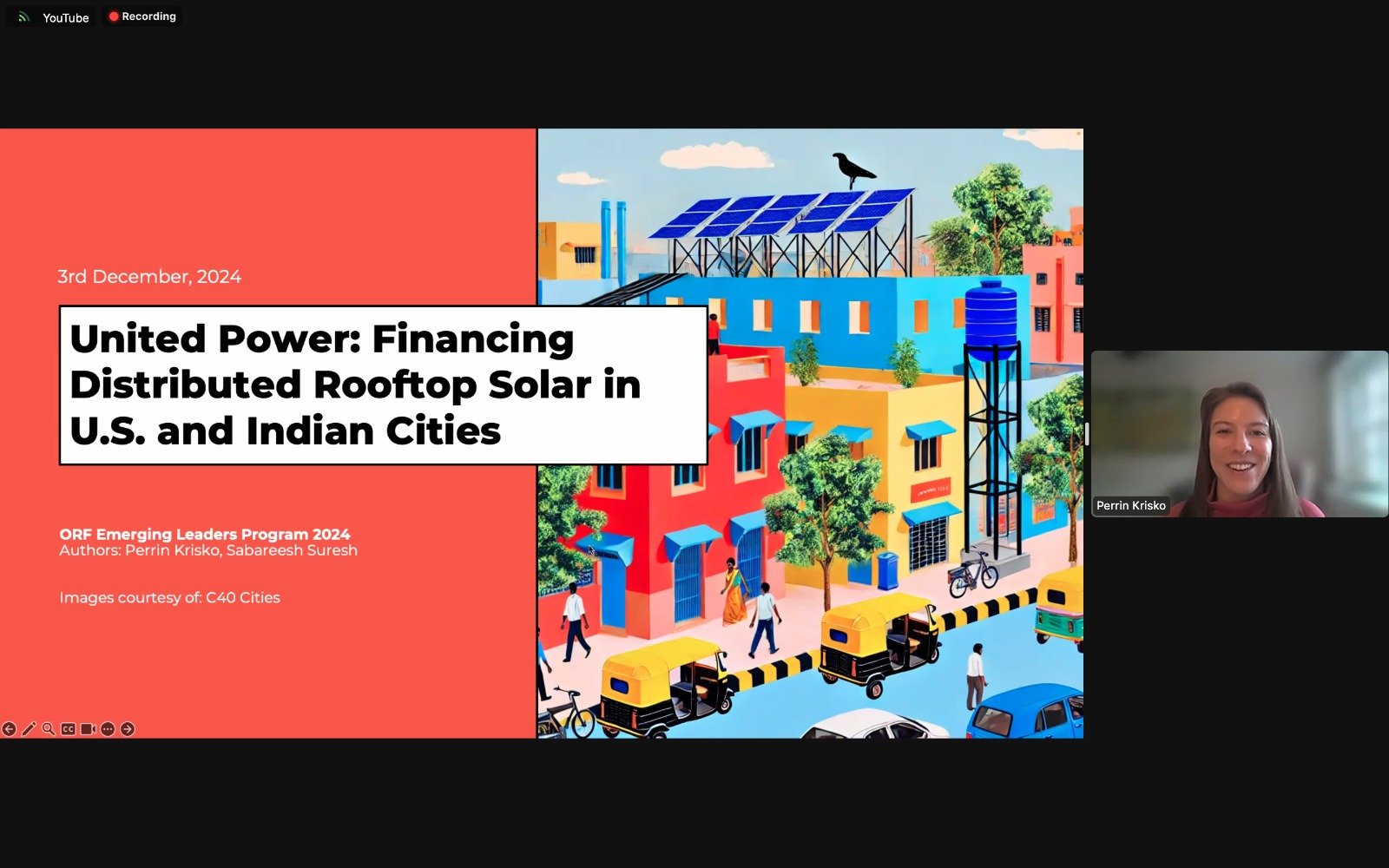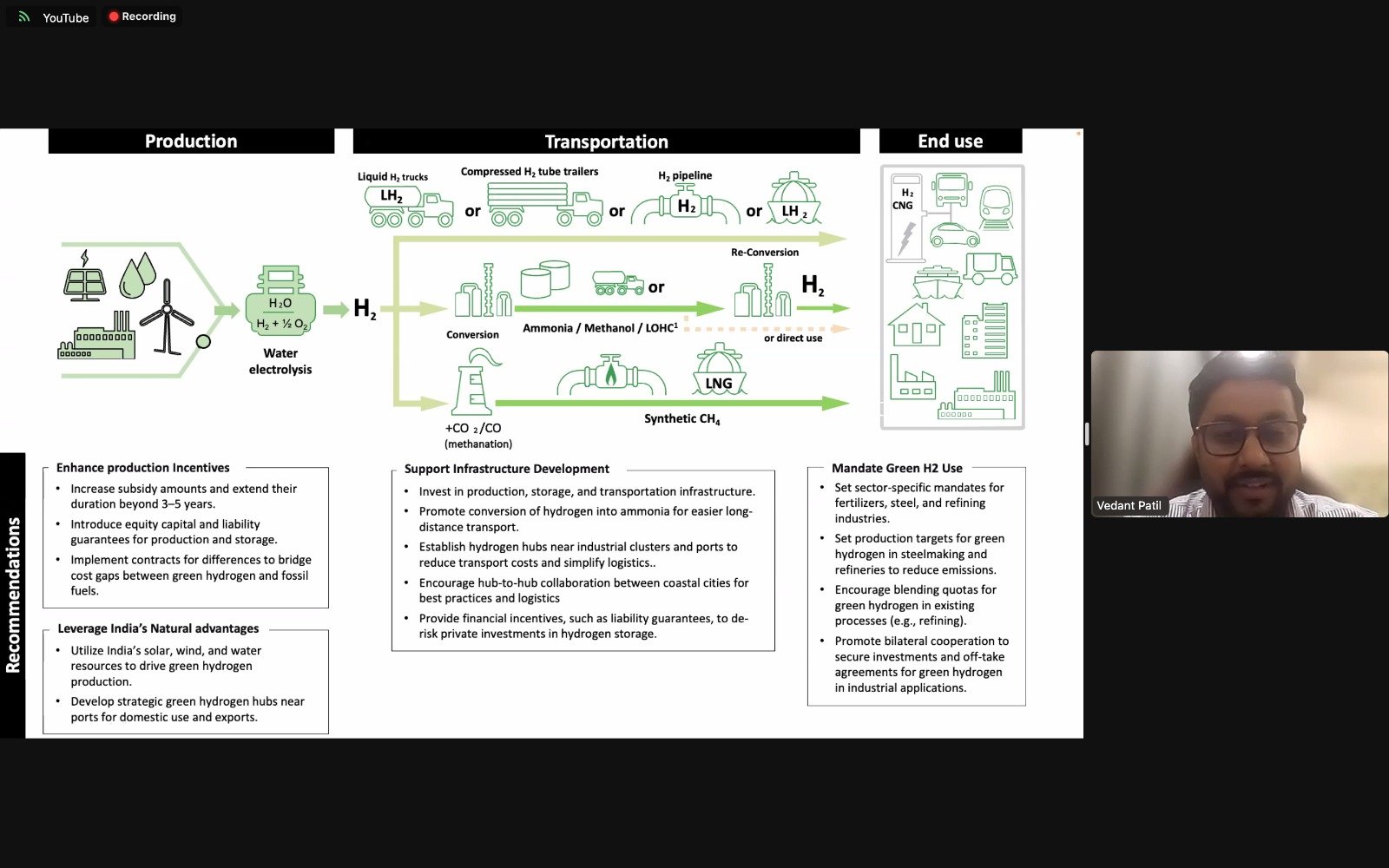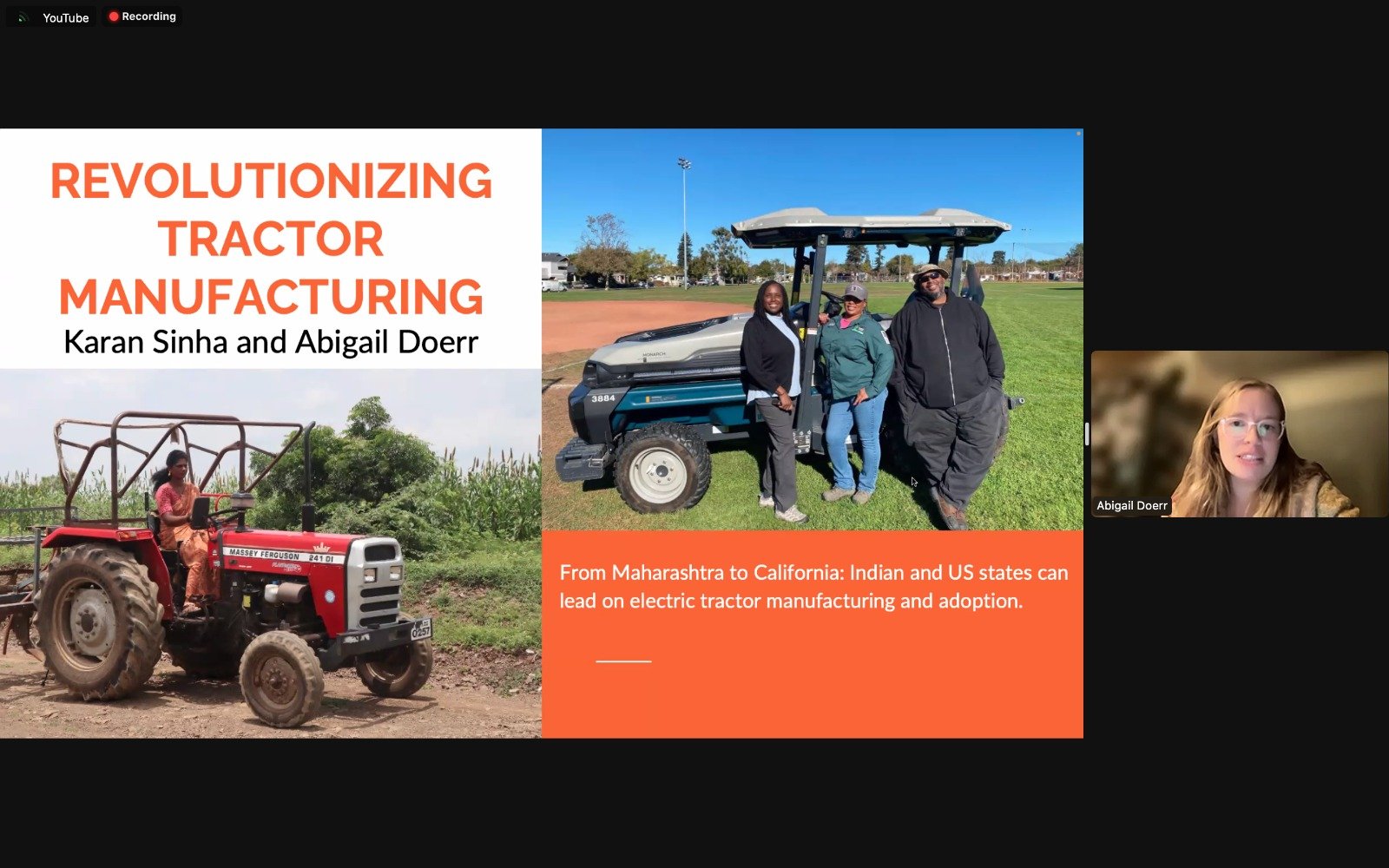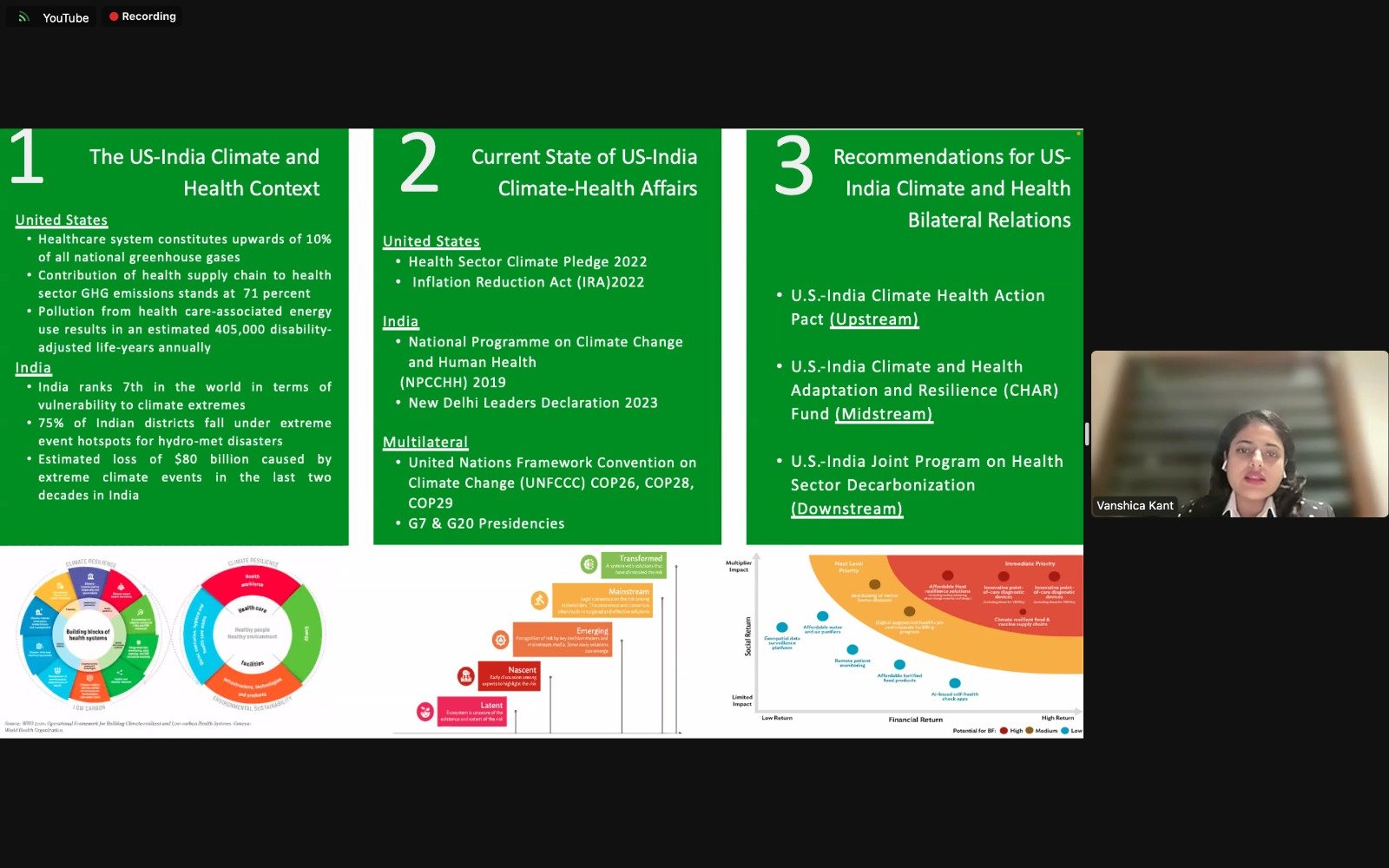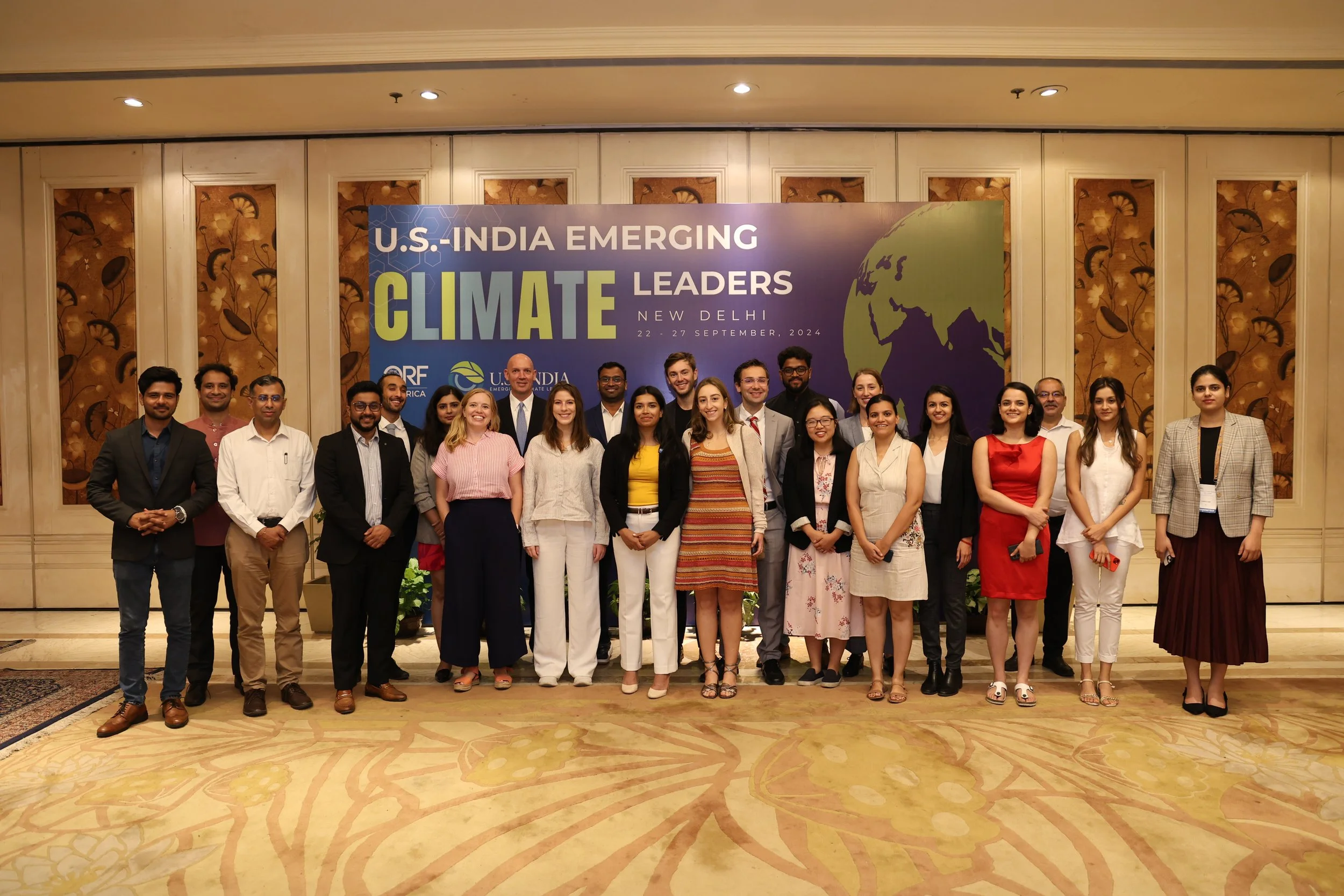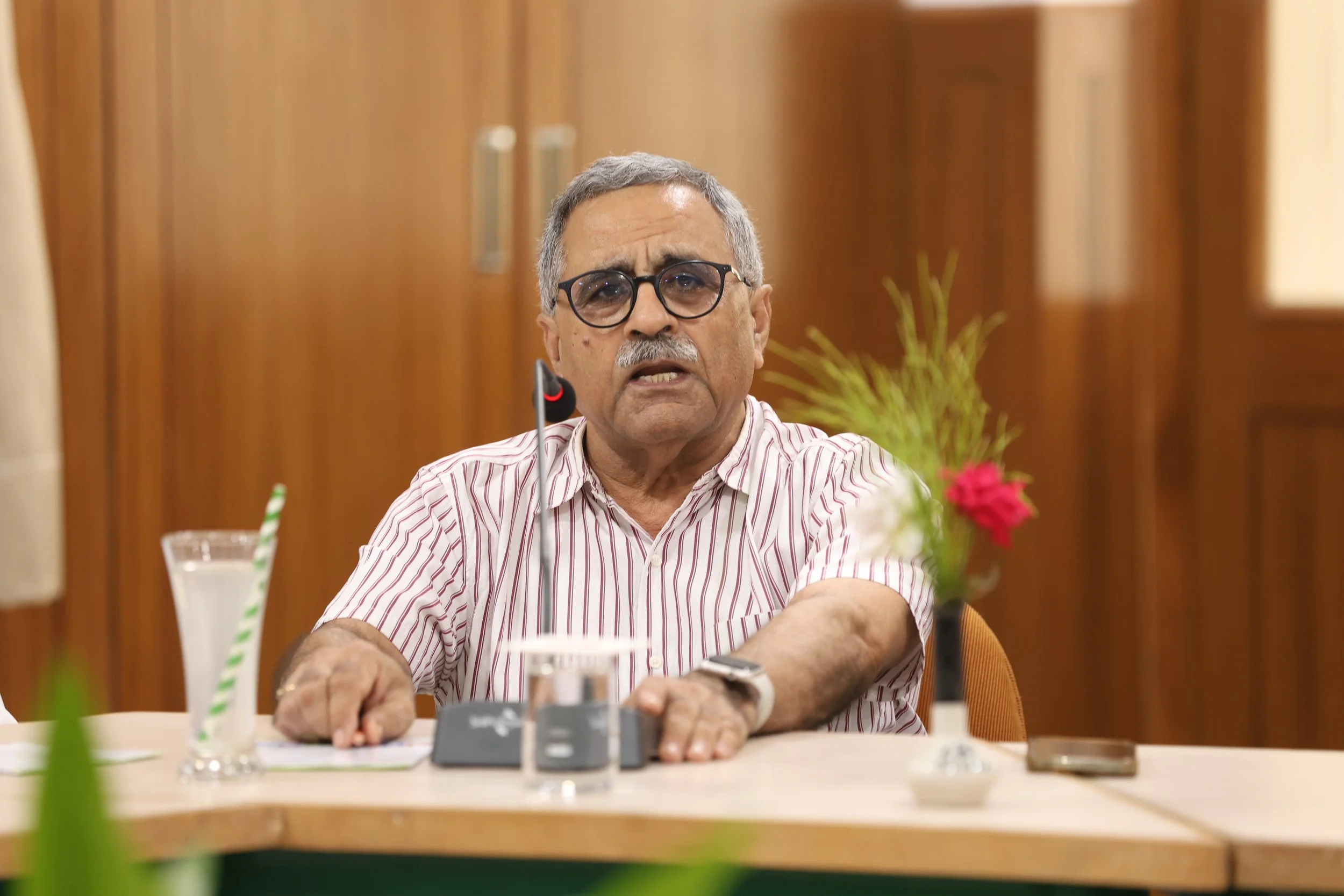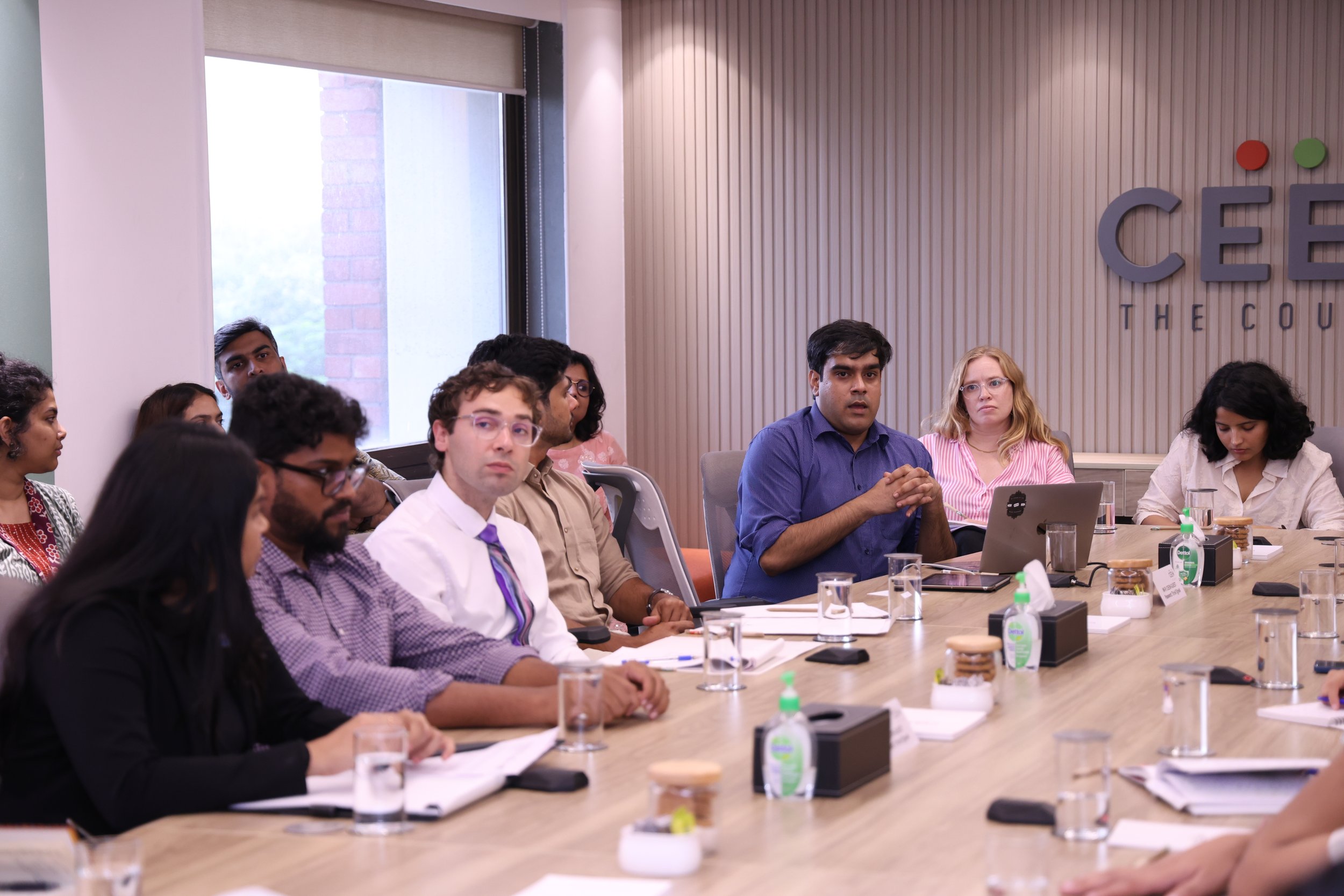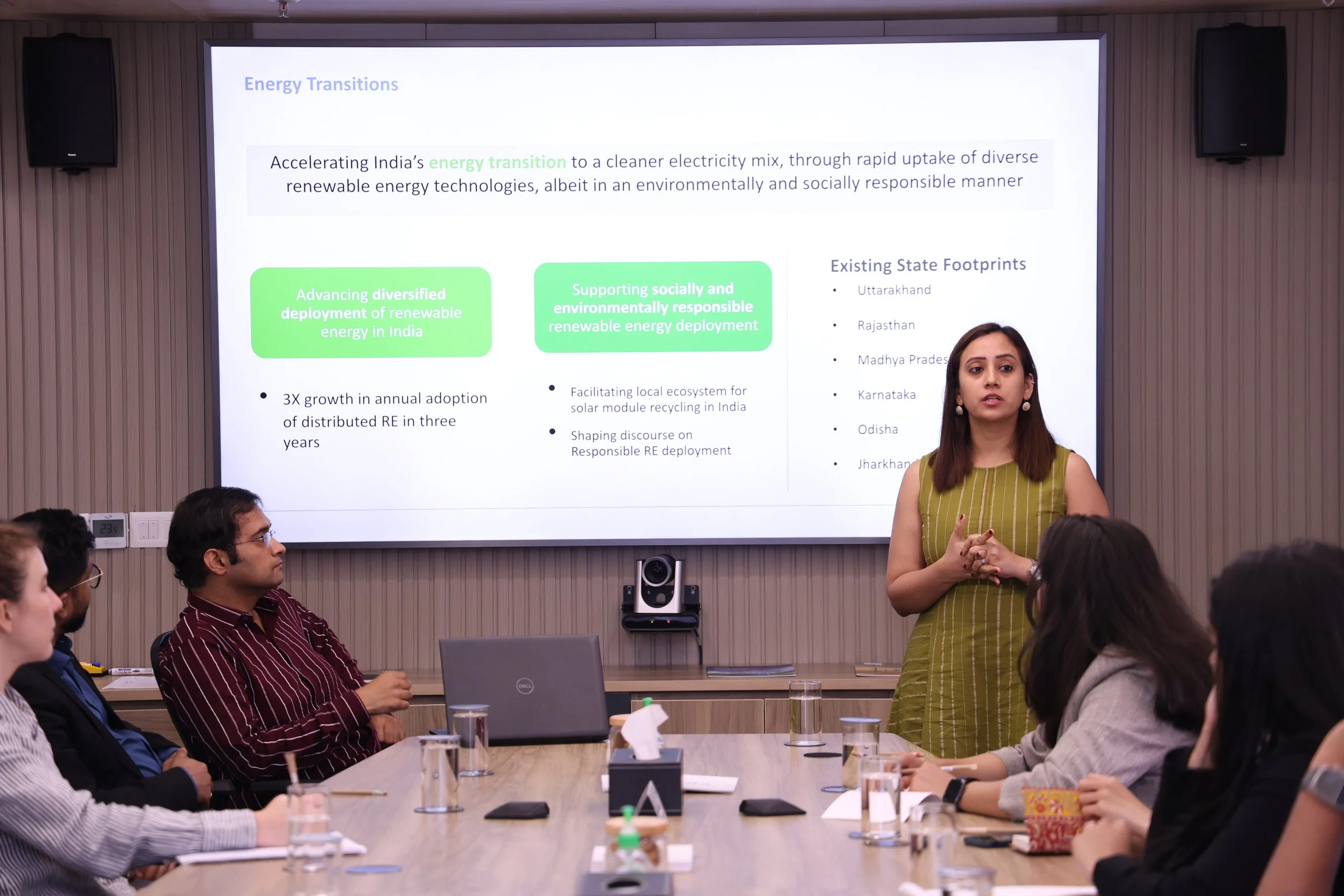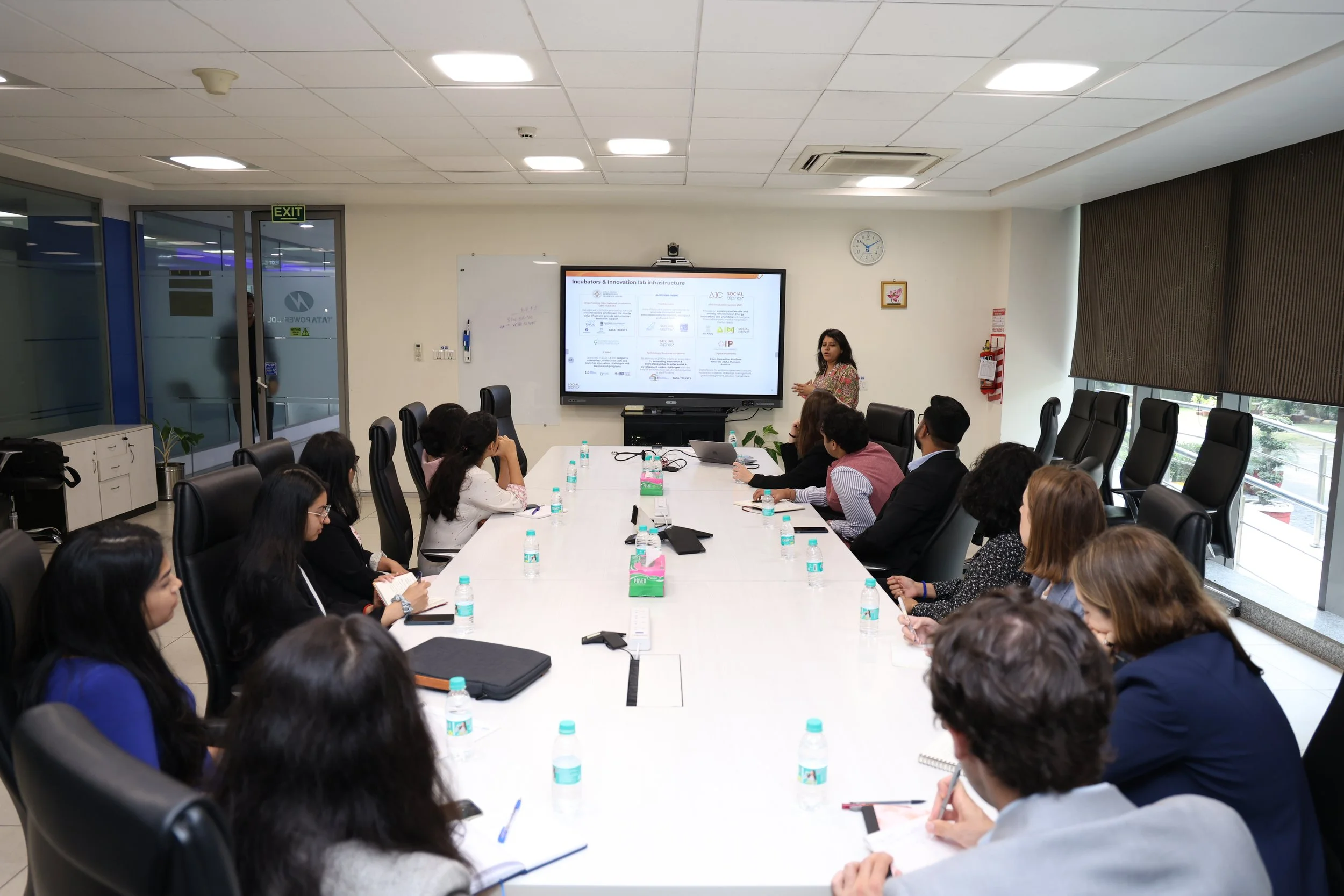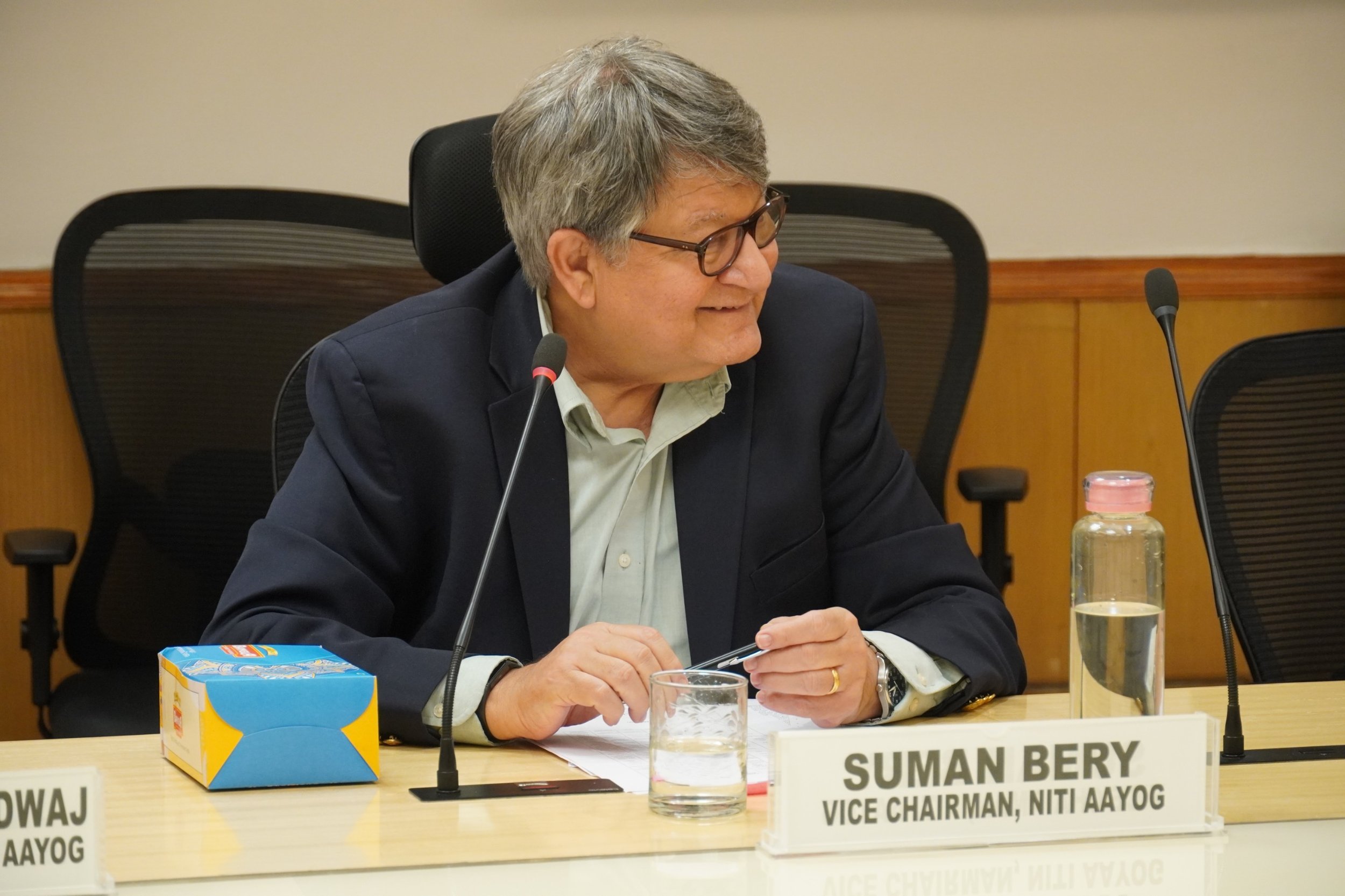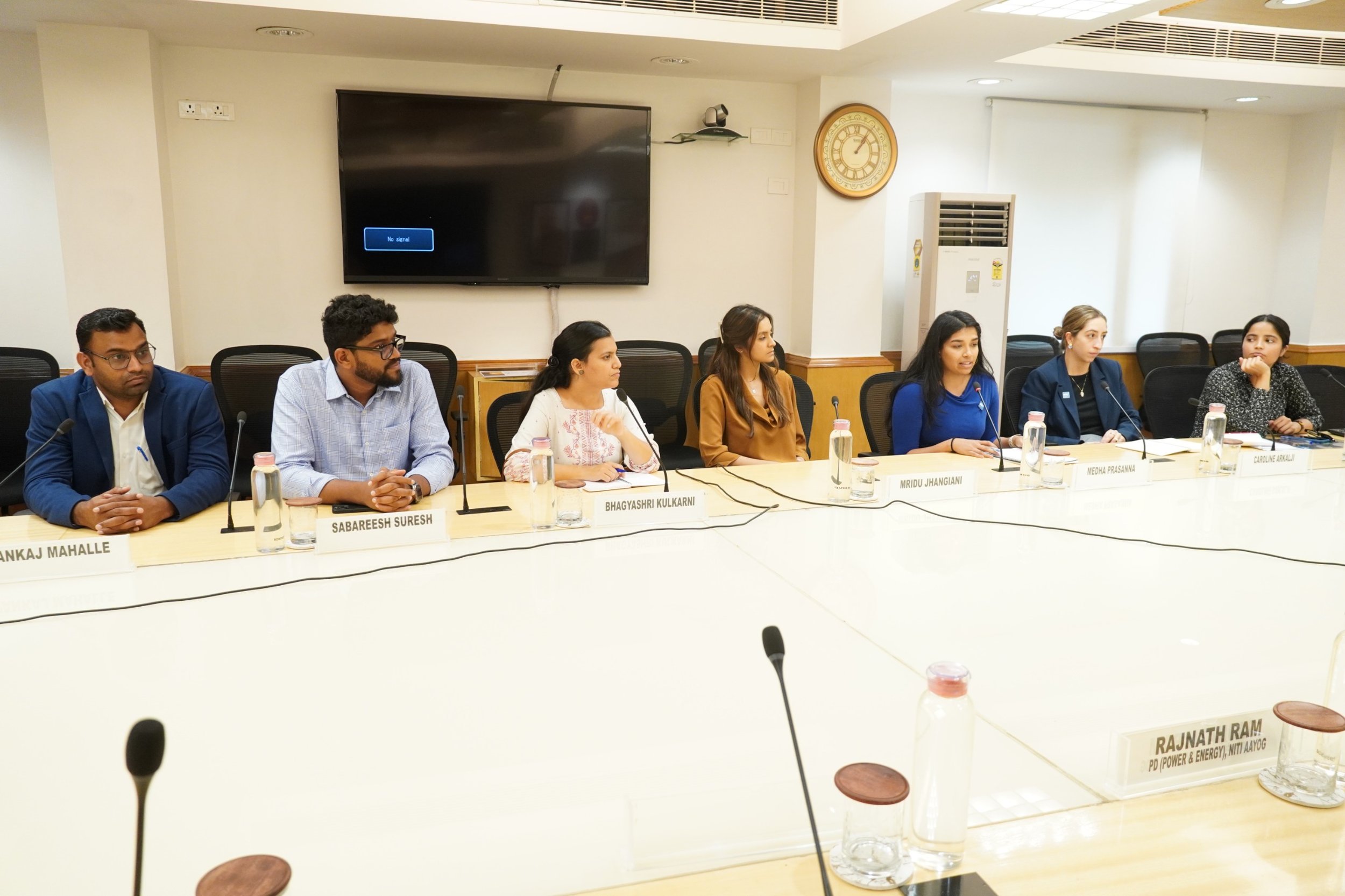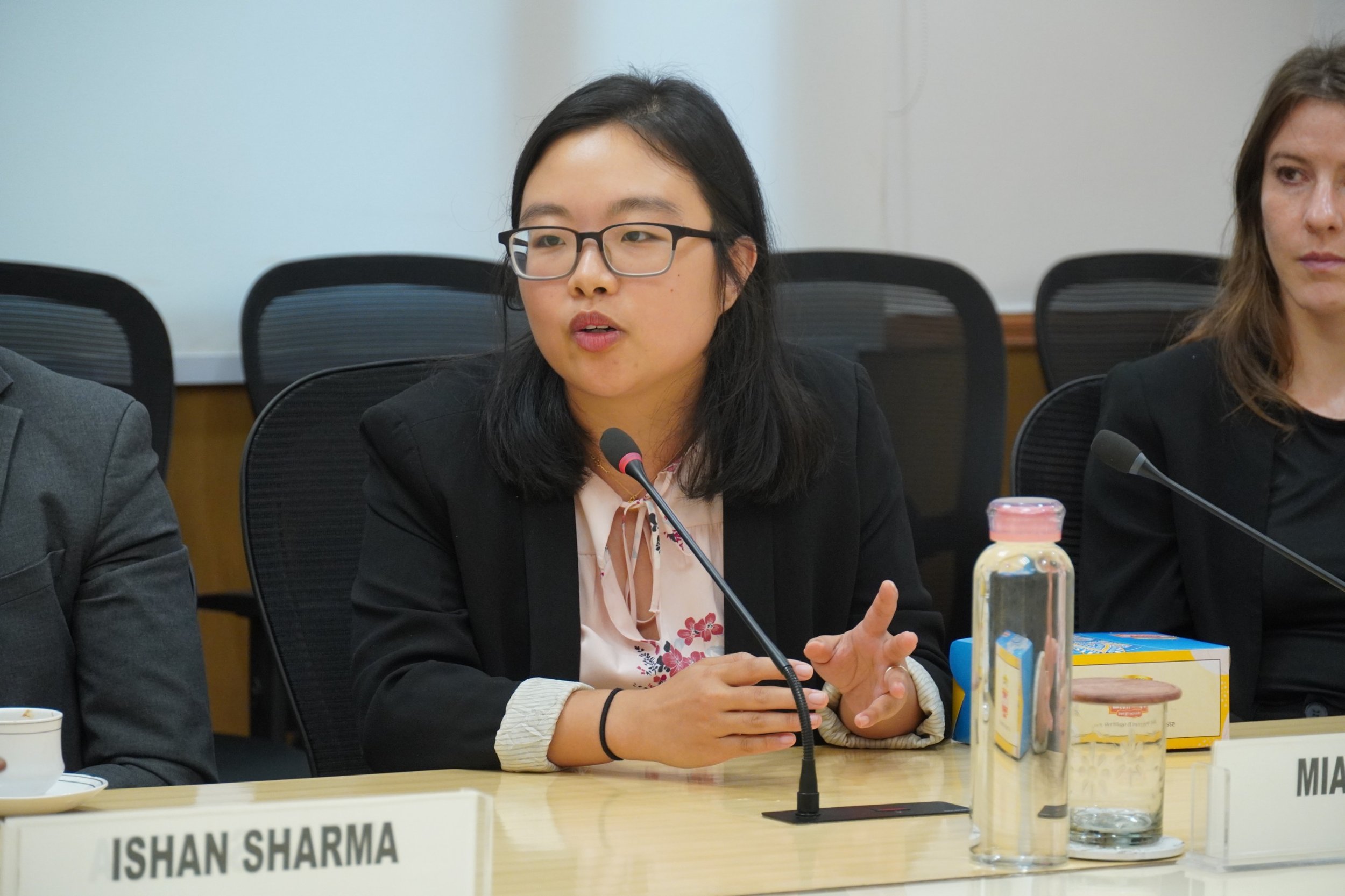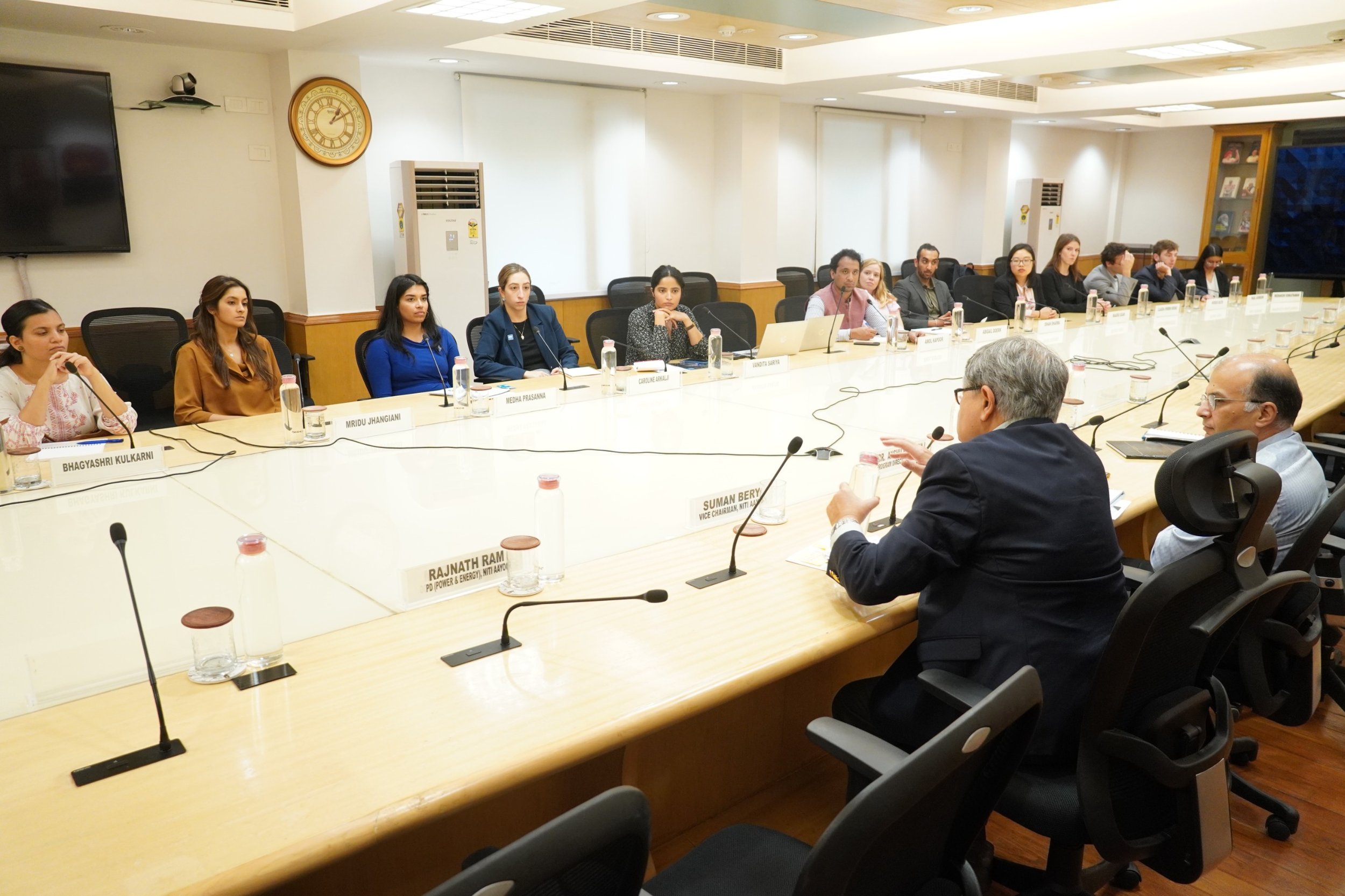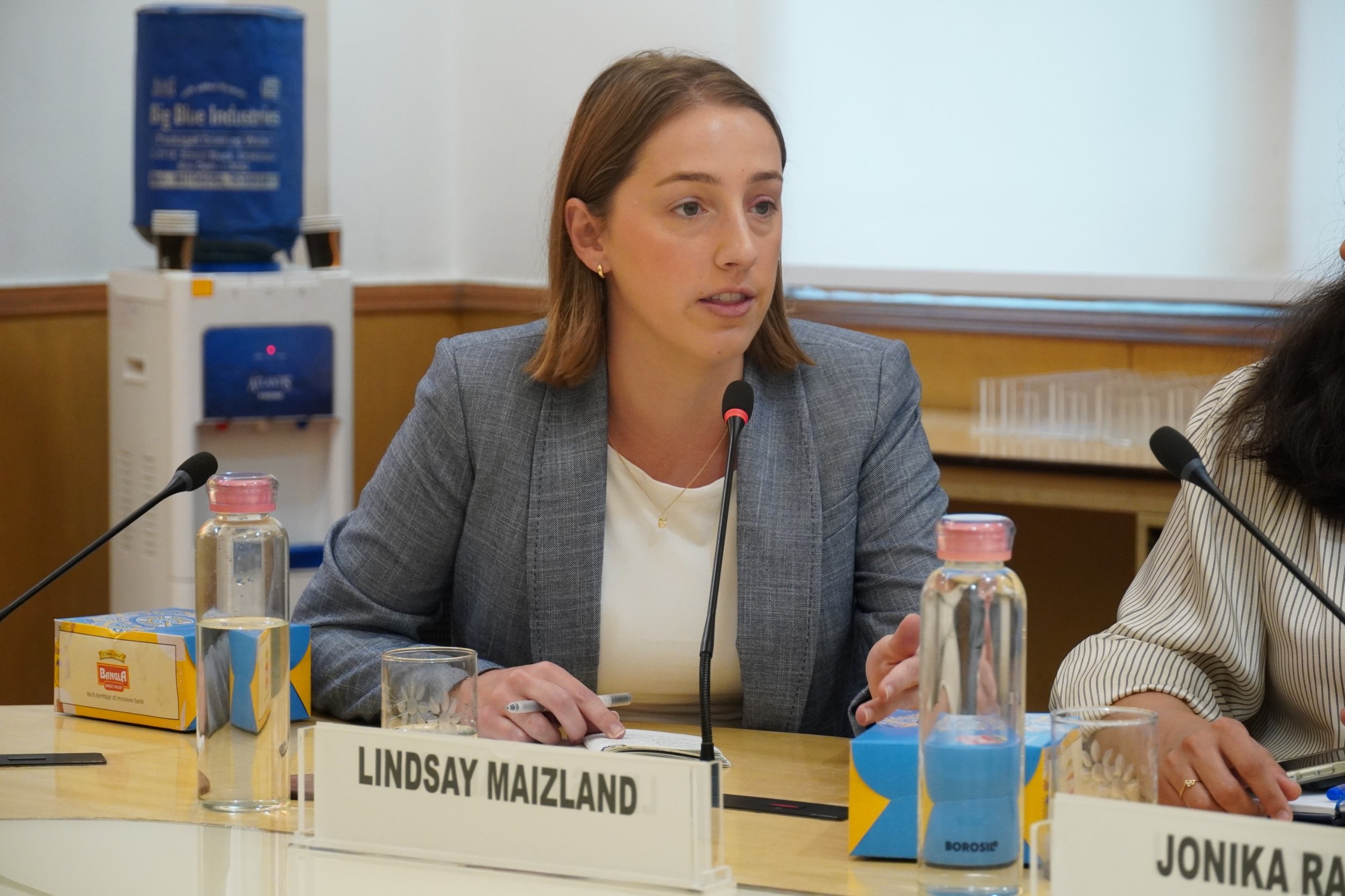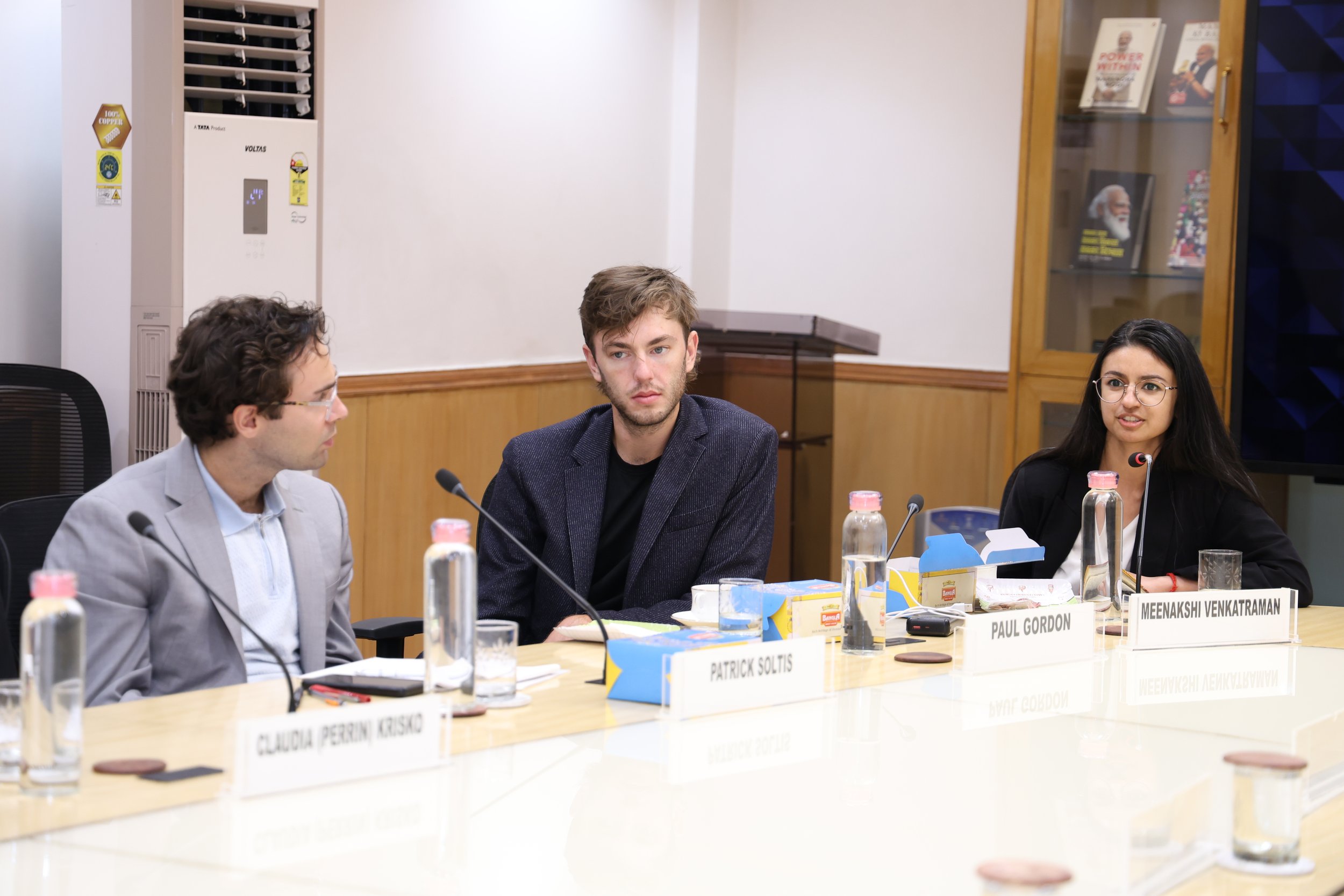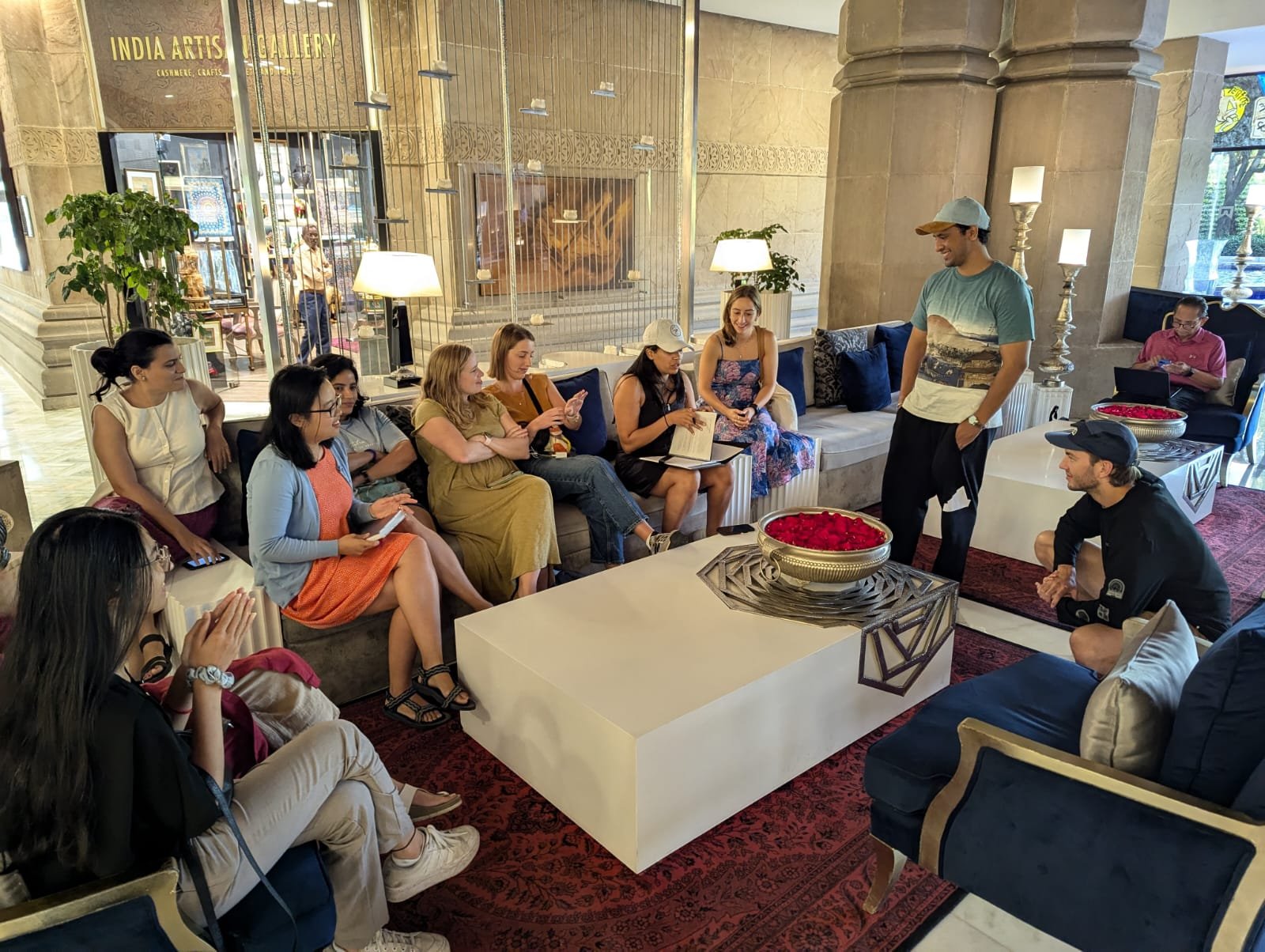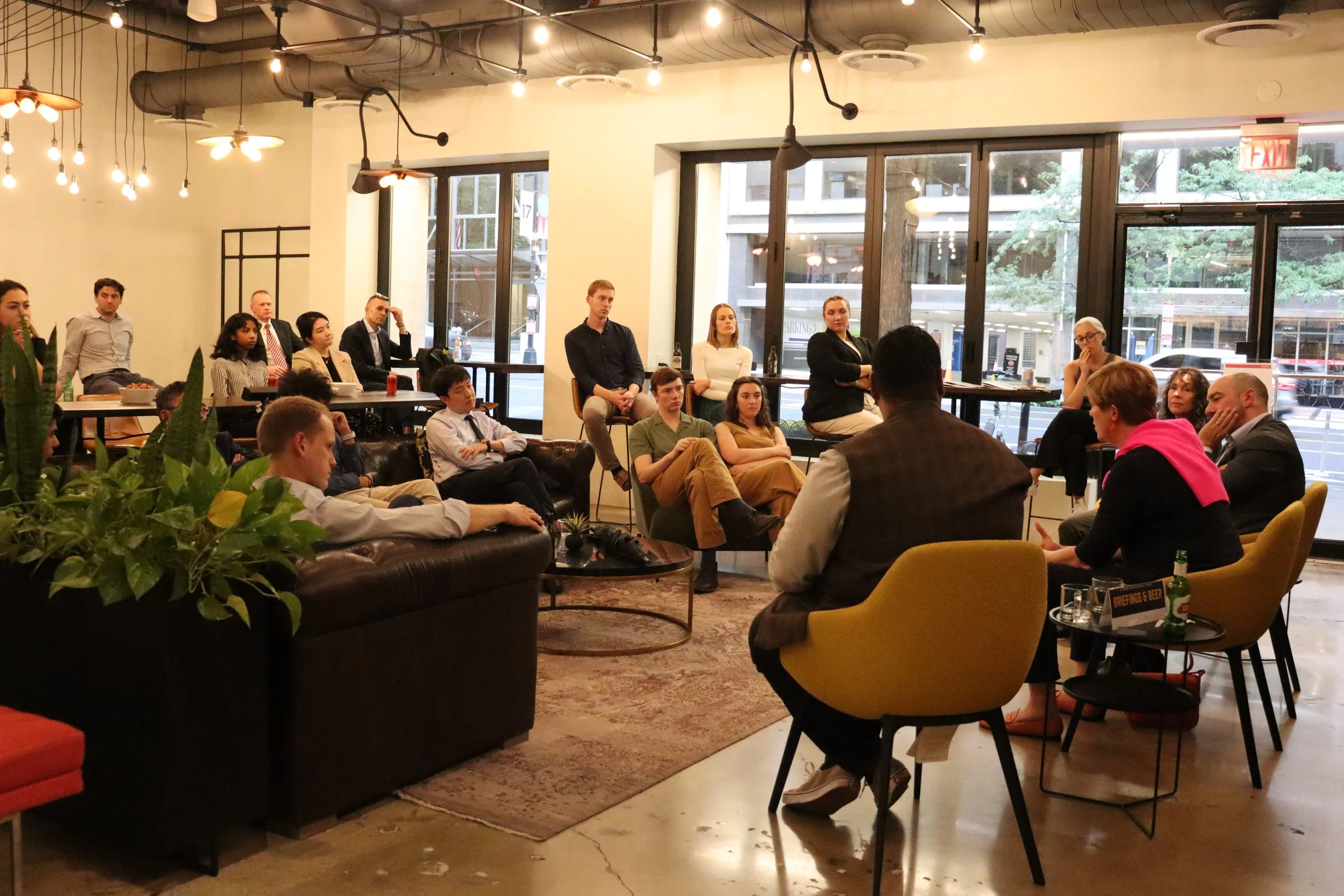ORF America hosted a two-day writer's workshop for the authors of the edited volume, "Rebalancing Globalization: Perspectives from the Global South." The volume aims to address the multifaceted challenges the world faces in the wake of the COVID-19 pandemic, including climate change, macroeconomic instability, social disruption, trade barriers, and global inequality. The primary objective is to develop strategies for a more equitable and effective approach to globalization, ensuring that the voices and perspectives of the Global South are adequately represented.
The goal of the workshop was to refine strategies and recommendations within the edited volume, for a more equitable and effective globalization. Feedback from participants aimed to shape a narrative that supports cooperative solutions to global challenges, advocating for a balanced approach that considers both progress and emerging issues.
The workshop commenced with a detailed exploration of the volume's main argument, which emphasizes the need to clearly delineate globalization's objectives and instruments in order to address current imbalances and propose a way forward. The discussion underscored the importance of preserving the progress made over the past decades while addressing the pressing challenges faced by the Global South. Participants examined how globalization has resulted in uneven benefits, creating disparities both within and between countries. While some have been net beneficiaries from trade and market liberalization, others have been left behind. The workshop highlighted the inadequacy of traditional globalization tools in addressing emerging crises such as climate change, debt, and demographic shifts.
A recurring theme of the workshop was the call for enhanced global cooperation, particularly from the Global South, which includes over 6 billion people and contributes more than half of global GDP. Historically marginalized by existing global institutions, the Global South’s collective voice was identified as essential for reforming the current globalization paradigm, which has been predominantly shaped by advanced economies.
The workshop reaffirmed the relevance of globalization’s core objectives, such as promoting economic growth, creating employment with strong social safety nets, maintaining robust trade and investment links, and tackling the climate crisis. However, it was acknowledged that the instruments of globalization must be reformed or replaced to effectively address contemporary challenges. Participants noted the dominance of advanced economies in shaping globalization over the past three decades through global governance institutions and mechanisms like capital flows, foreign direct investment, and digital transformation.
At the conclusion of the workshop, participants engaged in a final reflection on the discussions, leading to several key recommendations for future versions of the volume. Overall, the workshop not only offered insights into the new approaches needed to address crises like climate change, debt, and demographic shifts but also provided valuable guidelines and directions for the subsequent round of edits for the papers in the volume.
Attendees:
Pamla Gopaul, Senior Researcher, AU Development Authority – New Economic Partnership for African Development (AUDA – NEPAD)
Alan Gelb, Senior Fellow Emeritus, Center for Global Development
Marta Bengoa, Professor, Colin Powell School of Public Policy, City College of New York
Aude Darnal, Research Analyst, Stimson Center
Elizabeth Sidiropoulous, Executive Director, South Africa Institute of International Affairs, Johannesburg
Lorrayne Porciuncula, Executive Director, Datasphere Initiative
Dhruva Jaishankar, Executive Director, ORF America
Udaibir Das, Distinguished Senior Fellow, ORF America
Shayak Sengupta, Senior Research Associate, Center on Global Energy Policy, Columbia University
Anit Mukherjee, Senior Fellow, Global Economics & Development, ORF America
Veronica Jijon, Summer Intern 2024, ORF America





































































